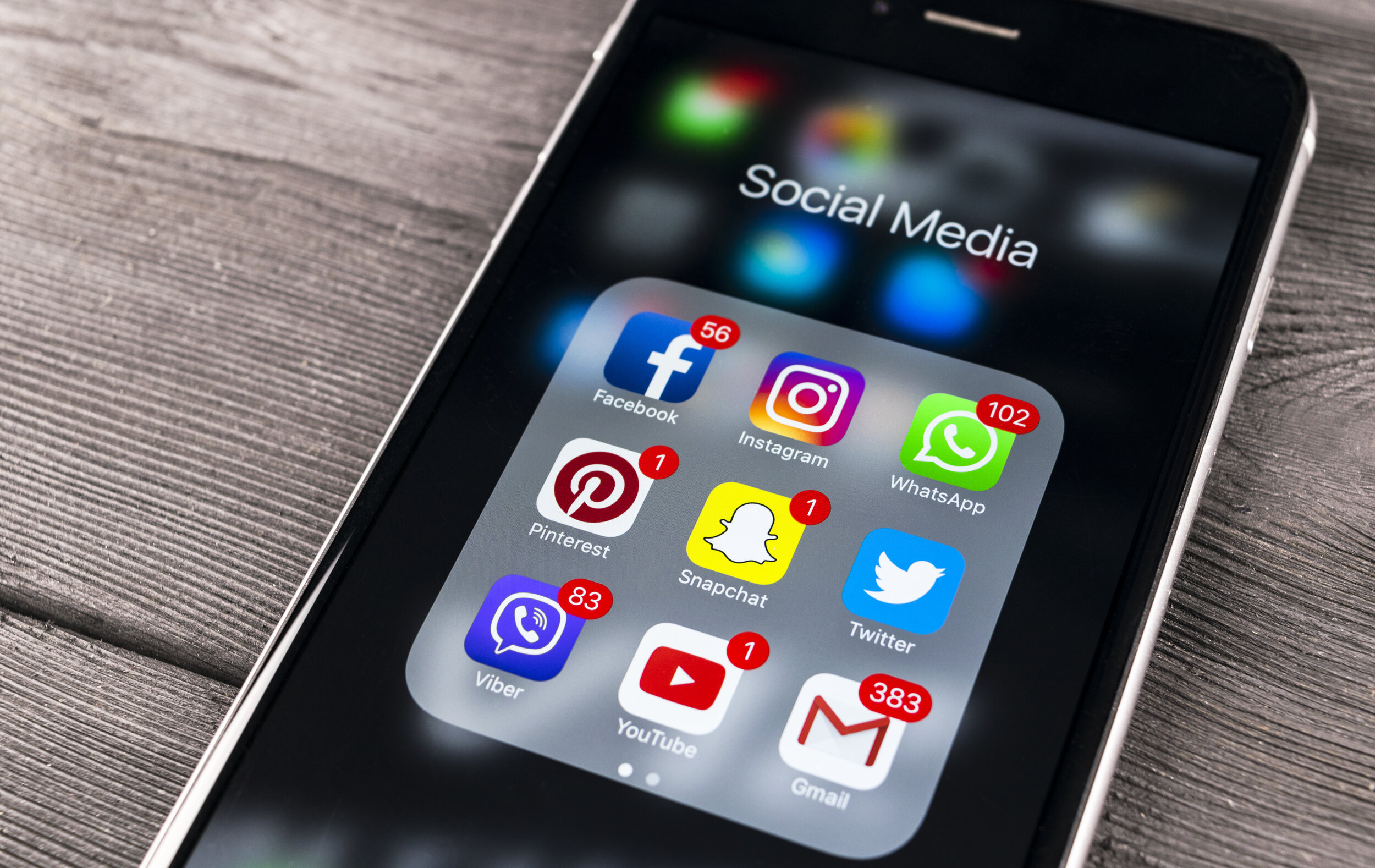How Social Media Impacts Youth
As a parent or educator in today’s society, it seems everyone is glued to their phones especially teenagers. With so many different social media platforms, teens use this is as a way to communicate. Ever wonder what effect this is having on our youth?
Indirect Communication
Teens are great at keeping themselves busy while doing homework or staying up way past their bedtime occupying themselves with social media. Before everyone had an Instagram account, teens kept themselves occupied in a very different way. They were communicating by talking over the phone or meeting up with their friends at the mall. It could seem that there was a lot of wasted time walking around a mall but teens were learning how to interact with people in real time. Teens today are missing out on reading body language and facial expressions that help develop social skills. Instead, they are fixated on a screen and relying on social media to make connections.
How to Make Friends
Learning how to make a friend is a huge part of growing up. Friendship requires risk taking with both parties whether that is with making a new friend or maintaining a friendship. When meeting friends face to face it is easier to let your guard down and allow yourself to be who you really are. While texting, it is easier to keep your guard up and protect yourself because there is not someone looking at you and letting you know by their body language that it is a safe place to share your feelings or that their words are affecting you. When there is a disagreement in a friendship, without talking it through in real time it allows the other person to formulate a response rather than telling the person how they really feel.
Cyberbullying
Unfortunately, this is the world we live in today and cyberbullying occurs more frequently than we would like to admit. Teens texts things they would never say to someone constantly. We hope that we have taught our teens to disagree in a healthy manner while being in the presence of the other person.
Peer acceptance is huge for teens and using social media to see the latest fashion trends, music etc puts an added pressure. Especially girls who are scrolling through their feeds waiting to see how many people like their posts. Who wouldn't want to make themselves look cooler if that resulted in more likes on Instagram? As a result, teens spend hours updating their online images to fit in and fight for attention.
We as a society need to do better, as adults set and example for our youth and show how to have a genuine connection with someone in real time.
Healthy Social Media Practices
Social media platforms give adolescents the ability to share their lives and connect with others. While adolescents describe these platforms as a way for them to connect and maintain relationships with friends and family, social media also creates environments for bullying and negativity. It is important for students to develop the impression management skills necessary to manage their online reputations.
Here are a few tips to consider when managing your impression on social media platforms:
Privacy Settings
Use them for social media, email and other accounts.
Be aware of exactly what parts of your profile and posts can be seen by the public.
Use step by step instructions to ensure the settings are on correctly.
Limit your profiles and make sure you are allowing only people you know to view your posts.
Create complex passwords and keep them to yourself. Others do not need to know your password. This is private information.
Turn off location and check in sharing.
Try not to access your accounts from other devices. You do not know who has access to the device.
Be Kind
Cyber bullying is an issue for adolescents these days and it is never ok. It is important to always treat the opinions of others with respect. If you do not agree with someone else's post, keep scrolling. There is no need to get into an argument with others on social media.
It is never ok to post hurtful or embarrassing messages on social media.
It is great to highlight positive things that are happening in your life or congratulate others on their achievements.
Think about what you post before you post it –
It is important to remember nothing ever goes away on the internet. So, before you click ‘post’ think about whether this really represents who you are.
Always think about what your family, friends, educators and future employers may think before posting.
Always take the time to think through your feelings and your thoughts before posting on specific topics.
It is always important to remember that while something may seem harmless at the time, it could come back to haunt you later on.
Keep track of posts that you have been associated with, whether you have been tagged in it or commented on it. Make sure that you maintain your reputation across all platforms.
No need to overshare–
You do not need to post about every event you attend or every food you eat. Sometimes it is more fun to just enjoy being in the moment and holding onto those memories.
While it may feel good in the short term to share personal things on social media, for example, break up, family issues etc. it is usually better to share those with an adult or a professional.
Taking the time to protect your social media accounts by using discretion with social media illustrates a certain sense of maturity. Practicing impression management through social media is a great first step.
For more information on how to best manage your impression on social media check out these links:
References:
Pew Research Center, November 2018, “Teens’ Social Media Habits and Experiences
Pew Research Center, May 2018, “Teens, Social Media & Technology 2018”


